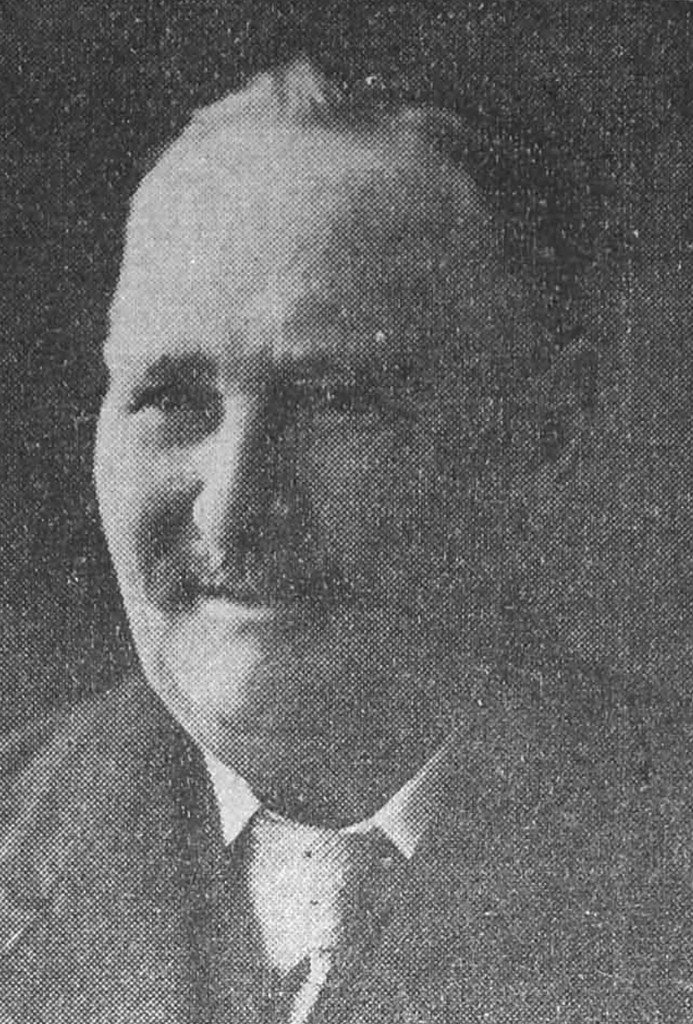Edwin Pidd (1853-1939)
EDWIN Pidd was employed by Grantham engineers Ruston Hornsby & Sons for 70 years and will still working there when he died, aged 86.
A member of the company’s fire brigade, he was probably the oldest fireman in the country.
He lived in Inner Street for 60 years.
In his younger days he travelled all over the world for his employer.
His early working days were spent in farm service, and although he loved horses his objective was a sphere of work different from that on the land.
When he thought it was time to progress towards this end he told his employer he desired to change, and without informing his parents, joined. Hornsby’s with a job in the reaper shop and turnery. That was March. 1869.
When his innate love of horses reasserted itself, Mr Pidd went to work under the direction of Clark Newton at the foreman’s yard in Inner Street. Subsequently Richard Hornsby Jun persuaded him to re-enter the works.
He took up his new duties and served through the whole of the shops, becoming an all-round workman, and such was the knowledge he acquired that for many years he travelled with the firm’s machinery to shows throughout Great Britain and overseas.
He made his first voyage abroad in 1882 to Cape Town,
He returned to England 1883 and two years later went to South America.
Returning to London, he was in charge of the engine which won first prize Buffalo Bill’s Exhibition at Earl’s Court in 1887.
The summer the following year saw him Belgium, where was engaged the Brussels Exhibition. Returning to England at the end of 1888, he then went to Johannesburg and assisted in the erection of a 50-head battery connected with gold crushing machinery, the first product of its kind which Hornsby’s had erected.
Mr. Pidd who also served his employers in Germany and Russia, was the first person to drive formidable looking locomotive, called The Caterpillar which was invented David Roberts, then managing director of Hornsby’s. This was met with tremendous success and earned worldwide (though not British at first) popularity.
He also drove the first traction-engine powered by neither fire nor steam, up Spittlegate Hill. It ran on oil and so successful was the experiment that the firm began the manufacture oil traction-engines.
When he celebrated his golden wedding in March 1925, to mark the occasion the firm presented him with a purse containing 13 golden sovereigns.
His father, too, had a fine record, for he worked as a shepherd on a farm at Wood Nook for 60 years





Leave a Reply
You must be logged in to post a comment.